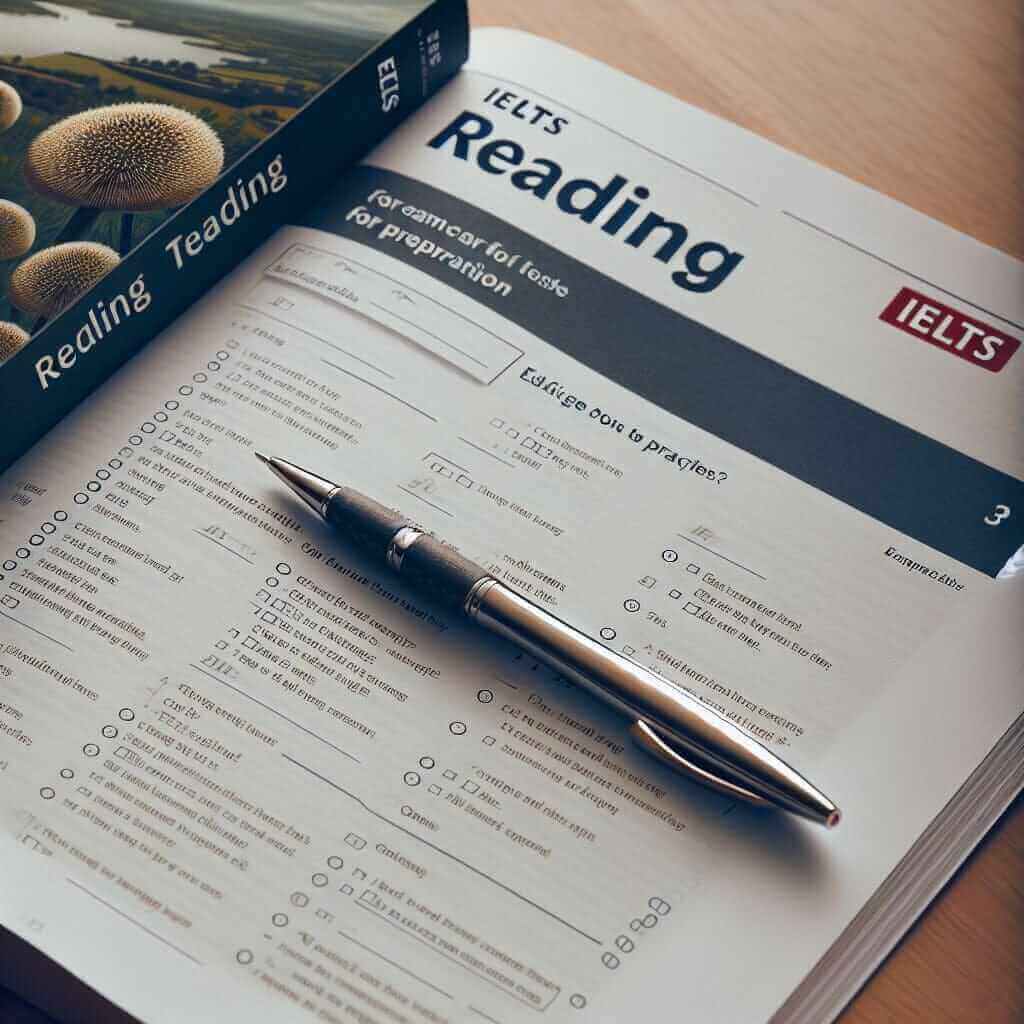The IELTS Reading Test is a crucial component of the overall IELTS exam, aimed at assessing the reading skills of candidates. Scoring well in this section requires not only a good command of English but also effective strategies to avoid common mistakes. In this article, we will explore how to handle IELTS reading test errors, providing detailed explanations, examples, and practical tips to improve your performance.
Understanding IELTS Reading Test Errors
To excel in the IELTS Reading Test, it’s essential to first understand the types of errors commonly made and the reasons behind them. The mistakes can generally be categorized into several types:
1. Misunderstanding the Question
One of the most frequent errors is failing to comprehend the exact requirements of the question. This can occur due to complex phrasing, unfamiliar vocabulary, or misinterpretation of the question type.
2. Rushing Through the Passage
Candidates often make the mistake of skimming through the passage too quickly, leading to missed key details that are crucial for answering questions accurately.
3. Incorrect Synonym Matching
Matching incorrect synonyms or paraphrases from the passage to the questions is a common pitfall.
4. Overlooking Specific Instructions
Neglecting specific instructions such as word limits or the requirement to write “True,” “False,” or “Not Given,” can lead to unnecessary penalties.
Examples of Common Errors
Let’s explore these errors with examples from actual IELTS reading passages.
Example 1: Misunderstanding the Question
Passage: The researcher suggested that the application of new agricultural techniques has resulted in a 20% increase in crop yield.
Question: According to the passage, what percentage increase in crop yield has been observed?
Common Error: Misinterpreting “crop yield” as any general increase, leading to the incorrect answer.
Correct Answer: 20%
Example 2: Rushing Through the Passage
Passage: The ancient civilization of the Aztec was known for developing complex calendar systems and monumental architecture.
Question: What were the Aztecs known for?
Common Error: Missing the terms “complex calendar systems” and “monumental architecture” by skimming too fast.
Correct Answer: Developing complex calendar systems and monumental architecture.
Example 3: Incorrect Synonym Matching
Passage: The environmentalist argued that deforestation is primarily responsible for biodiversity loss.
Question: According to the passage, what is cited as the main cause of biodiversity loss?
Common Error: Incorrectly matching “environmentalist” with another profession.
Correct Answer: Deforestation.
Example 4: Overlooking Specific Instructions
Question: Write NO MORE THAN TWO WORDS.
Answer Submission: Writing more than two words, e.g., “The primary reason,” instead of the correct “Primary reason.”

Applying the Knowledge in IELTS Reading Tests
Types of Questions and Strategies
Multiple Choice Questions
- Strategy: Read the question carefully. Identify keywords and scan the passage for relevant information. Use process of elimination to discard incorrect options.
True/False/Not Given Questions
- Strategy: Match key statements from the passage to the question. Ensure complete understanding of the passage to distinguish between “False” and “Not Given”.
Matching Headings
- Strategy: Summarize each paragraph briefly. Match your summaries with the headings, ensuring that the main idea aligns perfectly.
Challenges and Solutions
Challenge: Vocabulary Issues
- Solution: Build a strong vocabulary by reading a variety of texts. Create a vocabulary journal and review it regularly.
Challenge: Time Management
- Solution: Practice timed reading exercises. Regularly practice full-length reading tests to build speed and accuracy.
Practice Tips for Improvement
- Regular Reading Practice: Engage in reading diverse materials such as academic journals, newspapers, and novels.
- Practice Tests: Complete IELTS reading practice tests under timed conditions.
- Analyze Mistakes: Review incorrect answers to understand the reasoning behind errors.
- Expand Vocabulary: Utilize flashcards, word lists, and reading to continually build your vocabulary.
- Follow Instructions: Carefully read and adhere to all test instructions to avoid careless mistakes.
Conclusion
Handling IELTS Reading Test errors requires an understanding of common pitfalls, careful reading, and strategic practice. Regular engagement with practice materials, analyzing mistakes, and improving your vocabulary can significantly enhance your test performance. Remember, accuracy and precision are key to mastering the reading test. If you have any questions or need further clarification on any topic, feel free to leave a comment or explore more articles on our website. Stay motivated and happy studying!